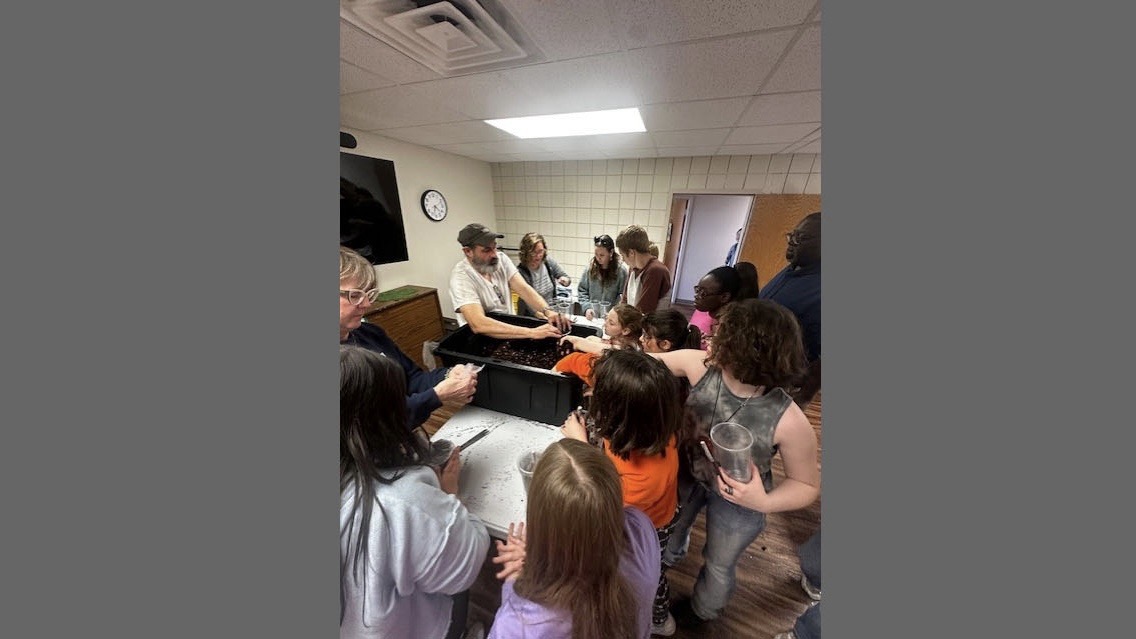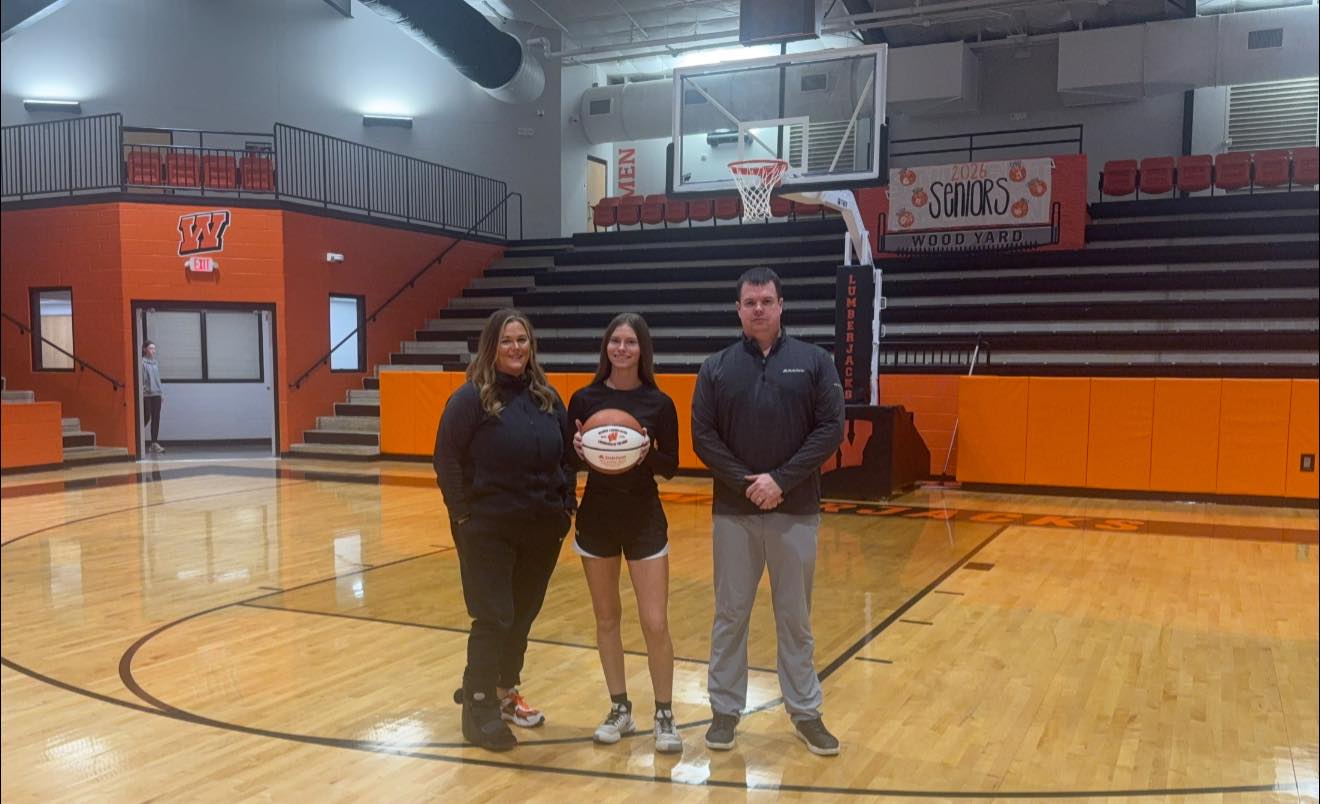LITTLE ROCK – Arkansas is blessed with an abundance of wildlife and their offspring. Throughout the spring and summer, it is not uncommon to come across unattended baby wild animals. But alone doesn’t mean orphaned when it comes to wildlife.
Many people discover apparently lost or abandoned wildlife young and take them in, thinking they are doing the right thing. The AGFC maintains a list of volunteer rehabilitation specialists at www.agfc.com/rehab who may be able to take in an injured or orphaned baby animal, but a few simple guidelines can help determine whether the animal truly is in need of help. First and foremost, don’t assume that these animals have been abandoned and need to be rescued. One or both of the parents may be just out of sight and disturbing them could jeopardize their well being. Three simple questions can help determine the animal’s situation.
Is the animal abandoned?
An “orphan” is a young animal that is not able to care for itself and whose parents cannot be found or are known to be dead. If you find a healthy young animal that is able to walk and is fully feathered or furred, it may not need your help. Its parents are usually nearby. Partially feathered baby birds almost ready to fly will often hop around in the tree branches exercising their wings, and fall out of the tree. Parents will feed these youngsters where they find them on the ground, at times up to a week or more. Observe the young animal from a distance before approaching it. The parent birds rarely feed their grounded fledglings if they see people nearby.
Is the animal in danger?
Young wild animals in danger do not necessarily have to be taken from the wild, just protected from the danger. Pets and children are the most immediate hazard to a young wild animal in your yard. Pets may attack the young animal and children may cause injury by mishandling it. Some wild animals carry diseases. Keep pets and children away from the animal while you keep watch.
Is the animal injured or weak?
If the young animal appears weak or injured, it may have some disease. Nature has provided that many more animals are born every year than are able to mature and reproduce. This surplus of animals goes to feed other animals. In other words, by rescuing one wild animal, you may be depriving another of its prey. It may sound cruel, but an orphan animal helps another animal survive by becoming its food.
It may also be against the law to possess wild animals, according to nongame wildlife program coordinator Karen Rowe. “It is illegal to possess migratory birds such as songbirds and that includes cardinals, mockingbirds, blue jays, etc. as well as hawks and owls. Also, most wild animals don’t spend very much time at their young’s side in order to not attract predators to the nest. In fact, a female rabbit only spends about one hour out of every 36 with her baby rabbits, so observing them from a distance and waiting for the adult to return can be a long wait,” Rowe explained. “Bottom line, just leave them alone,” she added.
Half of all baby birds may hop out of the nest and fall to the ground where the adults just chase after them and feed the
m wherever they are, she said. “It is best to keep pets, children and oneself away and let nature take its course. It’s also important to keep in mind that in prolific species such as songbirds and rabbits, up to 80% of the young die their first year, so attrition is part of nature’s way,” Rowe said.
Transporting wildlife to rehabilitators also may lead to the introduction or movement of diseases across the landscape. This is the reason why white-tailed deer fawns may no longer be rehabilitated. The appearance of chronic wasting disease creates the risk of a fawn that may be infected with the disease spreading it not only to the rehabilitator’s facility, but also to its eventual release location. Meanwhile, every other deer that would be brought to that rehabilitation facility would then run a high risk of infection and spreading the disease further.
It’s human nature to want to help any creature that appears to be suffering or lost, but for the sake of all species, keep wildlife wild and enjoy them from a distance.




